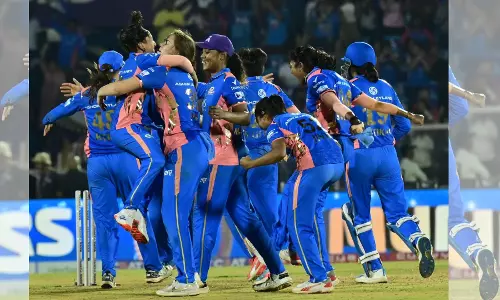New power tariff policy to focus on clean energy
In 2006, the Centre had approved the National Tariff Policy under the provisions of the Electricity Act 2003.;
In 2006, the Centre had approved the National Tariff Policy under the provisions of the Electricity Act 2003.
Indicating that the policy will focus on clean energy, Mr Goyal had recently said: “Now that we have a challenge to add 1.75 lakh MW of renewable energy, we are also bringing in certain more elements in the tariff policy which will promote renewable energy.” The minister had also said: “We are brining in elements which will promote the Swachchh Bharat Abhiyan and help waste-to-energy prosper in India.” Under the policy, power plants will have to use processed municipal waste water available in their vicinity (within a 100 km radius).
The proposed policy will bring in several unique aspects that have not been touched on in the past. It will allow distribution companies to buy any amount of power that is produced from the waste.
The Cabinet also approved a “viability gap funding” (VGF) of Rs 5,050 crores to set up over 5,000 MW of grid-linked solar power projects under the Jawaharlal Nehru National Solar Mission. “To push the solar energy programme, a scheme to provide Rs 5,050 crores VGF for setting up 5,000 MW capacity has been approved,” Mr Goyal said.
Elaborating further, the minister said: “The VGF will be provided through reverse bidding. Whosoever will quote the lowest VGF will win. One part of these funds will be for domestic modules. These companies will be given Rs 1.25 crore per MW and those coming via international competitive bidding will get Rs 1 crore per MW.” Mr Goyal expressed the hope that the VGF reverse bidding auction will help to reduce power tariffs in future.





